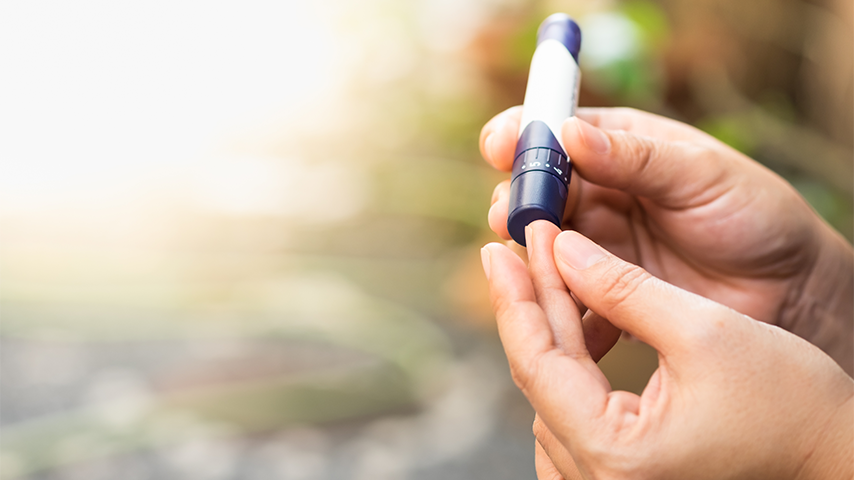COVID-19 Threats And Precautions For Diabetic Patients

COVID-19 has become a global cause of concern. The virus can be potentially lethal and has taken its toll on the world. The government and the authorities are taking necessary precautions to contain the virus. Many countries across the world are under lockdown to prevent the spread of the virus. People are bound to stay home for their health.
In times like these, you ought to take care of yourself, especially if you have any underlying medical condition like Diabetes. Though the Coronavirus can affect anyone, the chances of a healthy person recovering from it are higher than a person with any chronic condition as the complications that occur in them are more severe.
All the data you are being fed by the news and the media can be overwhelming and you may have millions of questions and doubts rising. We understand your concern and suggest you practice the precautionary measures proposed by the authorities to keep yourself safe. But if you are still in doubt, here’s everything you need to know about how Coronavirus can affect people with Diabetes and how to prevent it.
Why Should People With Diabetes Be Extra Cautious?
The reason why it becomes more important for Diabetics to take necessary precautions is because of what’s happening inside their bodies. Blood sugar levels indirectly affect the Immune System. It compromises insulin production in the blood which in turn can have lasting compilations in the Immune System.
People with high or unmanaged blood sugar levels tend to have restricted blood flow, due to which the circulation of essential nutrients and natural defenses that help the body fight against infections and recover from hurts, becomes difficult. Hence, it generally takes longer for people with Diabetes to recover from any health-related issues.
Precautions For Diabetic Patients
Apart from the general precautions proposed by the authorities like washing hands, wearing masks, not touching the face frequently, etc., people with Diabetes should also practice the following measures
- Use the N95 mask as it will provide more protection
- Wash your injection site if you’re taking insulin and the needle prick site when you check blood sugar levels. Clean them with antiseptic or soap and water after injection
- In conditions of stress, sugar fluctuations will be more, therefore check your sugar levels frequently. Once every four hours for Type 1 Diabetic patients. Once every 8 hours for a Type 2 Diabetic patient
- Identify the symptoms of Hyperglycemia and Hypoglycemia and contact the doctor if you see any
- Keep yourself hydrated. Drink sips of water every 15 minutes
- Eat small and frequent meals. Eat every two hours. Do not eat a heavy meal and neither skip a meal
- Continue regular exercise
- Make sure you have a sufficient backup supply of all your medications.
- Avoid hospitals for routine checkups. Consult your doctor online whenever possible
- If you see any symptoms in yourself, notify your doctor immediately, and self-quarantine yourself (Be in a separate room or maintain a good distance from the other members of the family).
Dr M Sheetal Kumar
Consultant General Physician & Diabetologist, Gleneagles Hospital, Lakdikapul
Disclaimer: The views and opinions expressed in this article belong solely to the author. They do not reflect the opinions or views of the organization.










